
Introduction
Proper tire maintenance is crucial for the performance, safety, and longevity of your vehicle. Two key maintenance tasks that often get overlooked are tire rotation and alignment. In this informative blog post, we will explore the significance of regular tire rotation and alignment, highlighting the negative effects that can arise if these services are ignored. Additionally, we will provide insights into the average cost of these services, empowering you to make informed decisions about maintaining your tires.
The Significance of Tire Rotation
Tire rotation involves moving the tires from one position to another on a regular basis. Let’s delve into why tire rotation is essential:
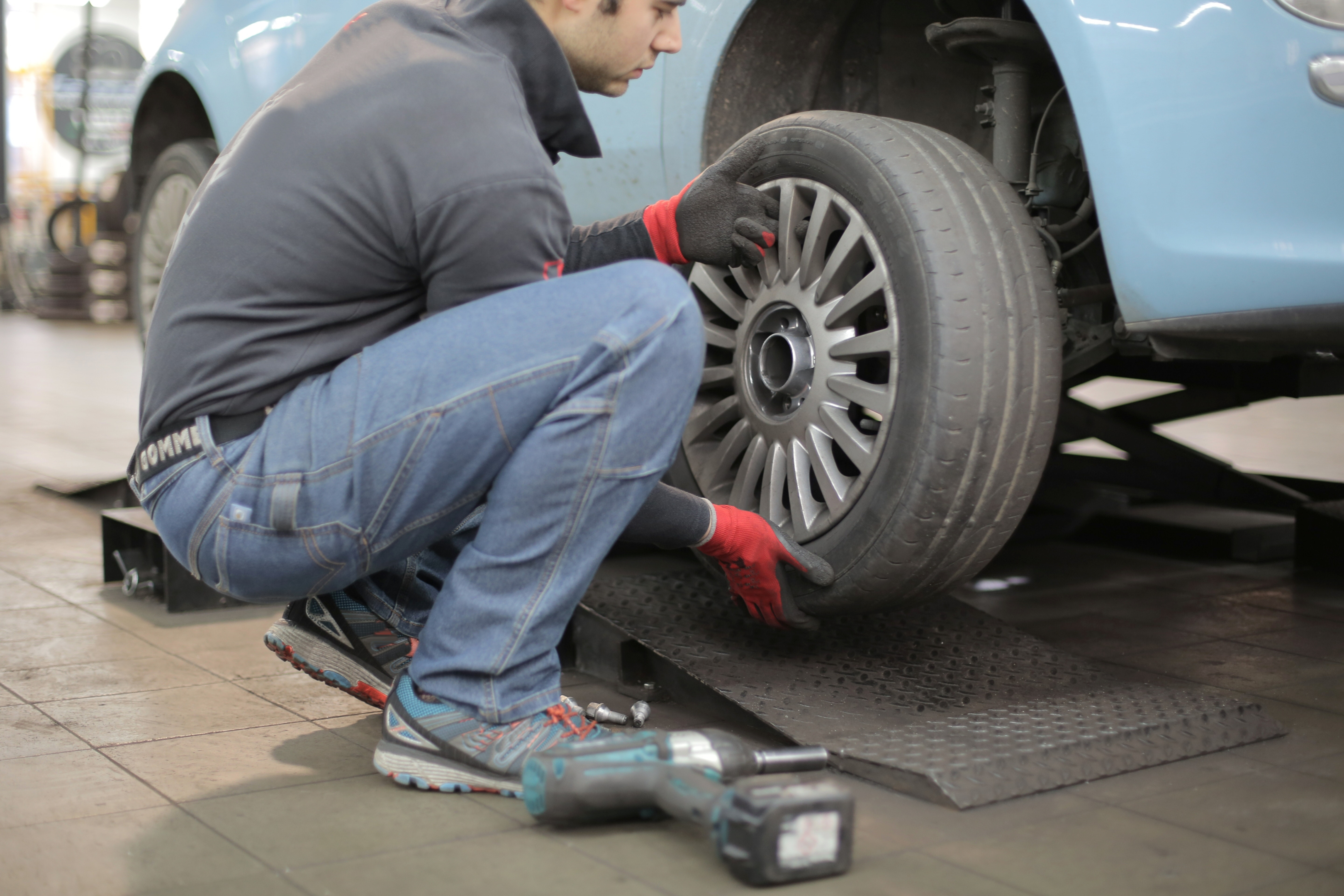
Even Tire Wear and Extended Lifespan
Tires wear differently depending on their positions on the vehicle, due to factors like weight distribution and drivetrain. Regular tire rotation ensures even wear across all tires, maximizing their lifespan. It prevents premature wear on specific tires and promotes balanced tread depth, which contributes to better performance and traction.
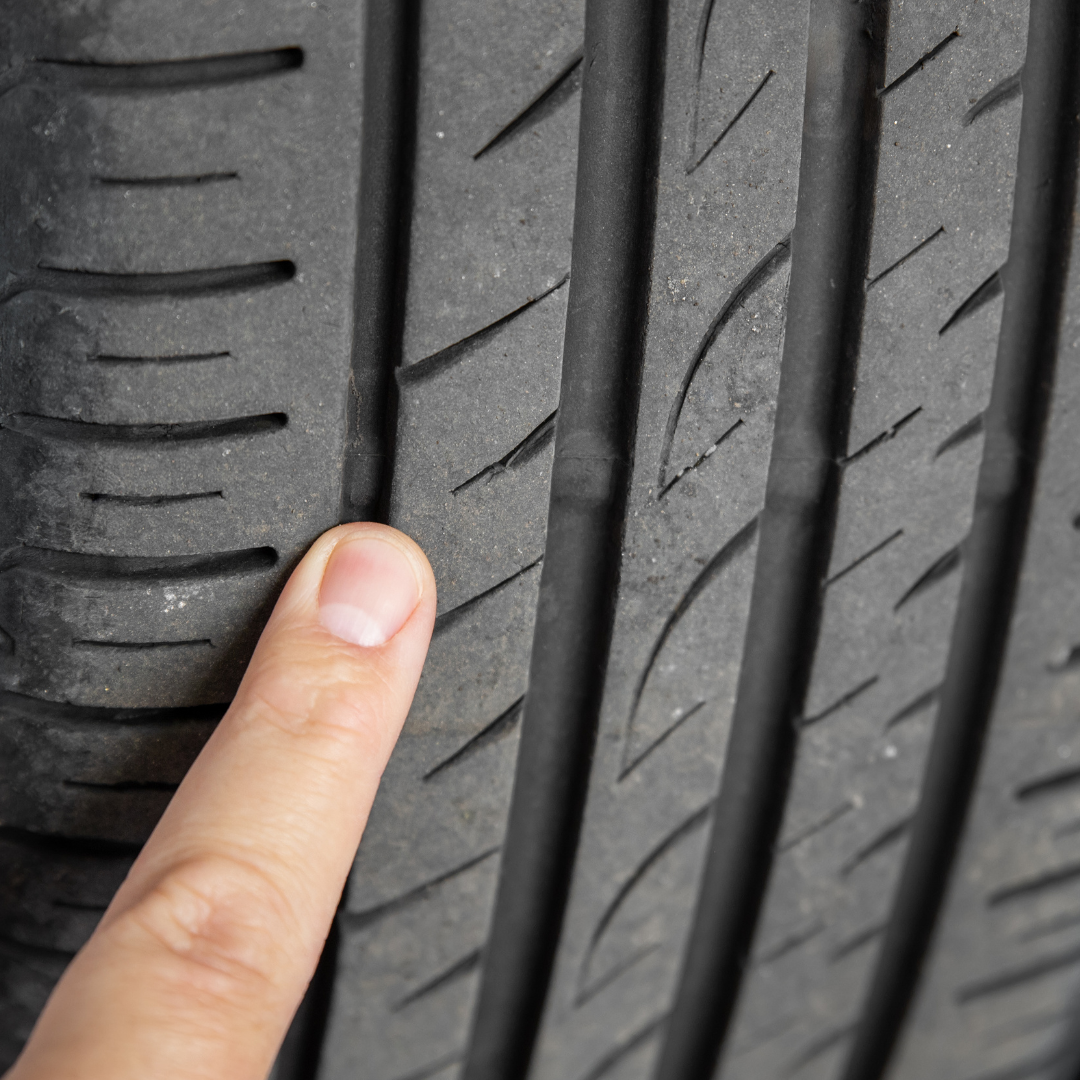
Improved Traction and Handling
Unevenly worn tires can result in reduced traction and compromised handling, especially on wet or slippery surfaces. By rotating your tires regularly, you maintain consistent tread depth across all positions, enhancing grip and stability. This promotes safer driving and better control of your vehicle, particularly during challenging road conditions or emergency situations.
Enhanced Fuel Efficiency:
Unevenly worn tires can increase rolling resistance, forcing the engine to work harder and consume more fuel. Regular tire rotation helps maintain optimal fuel efficiency by ensuring even tread wear. This leads to cost savings at the pump and reduced environmental impact. By reducing fuel consumption, you not only save money but also contribute to a greener environment.
Warranty Compliance
Many tire manufacturers require regular tire rotation as part of their warranty terms. Neglecting this maintenance task may void the warranty, leaving you responsible for any tire-related expenses. By adhering to the recommended rotation schedule, you protect your investment and ensure compliance with warranty requirements, providing peace of mind and potential cost savings.
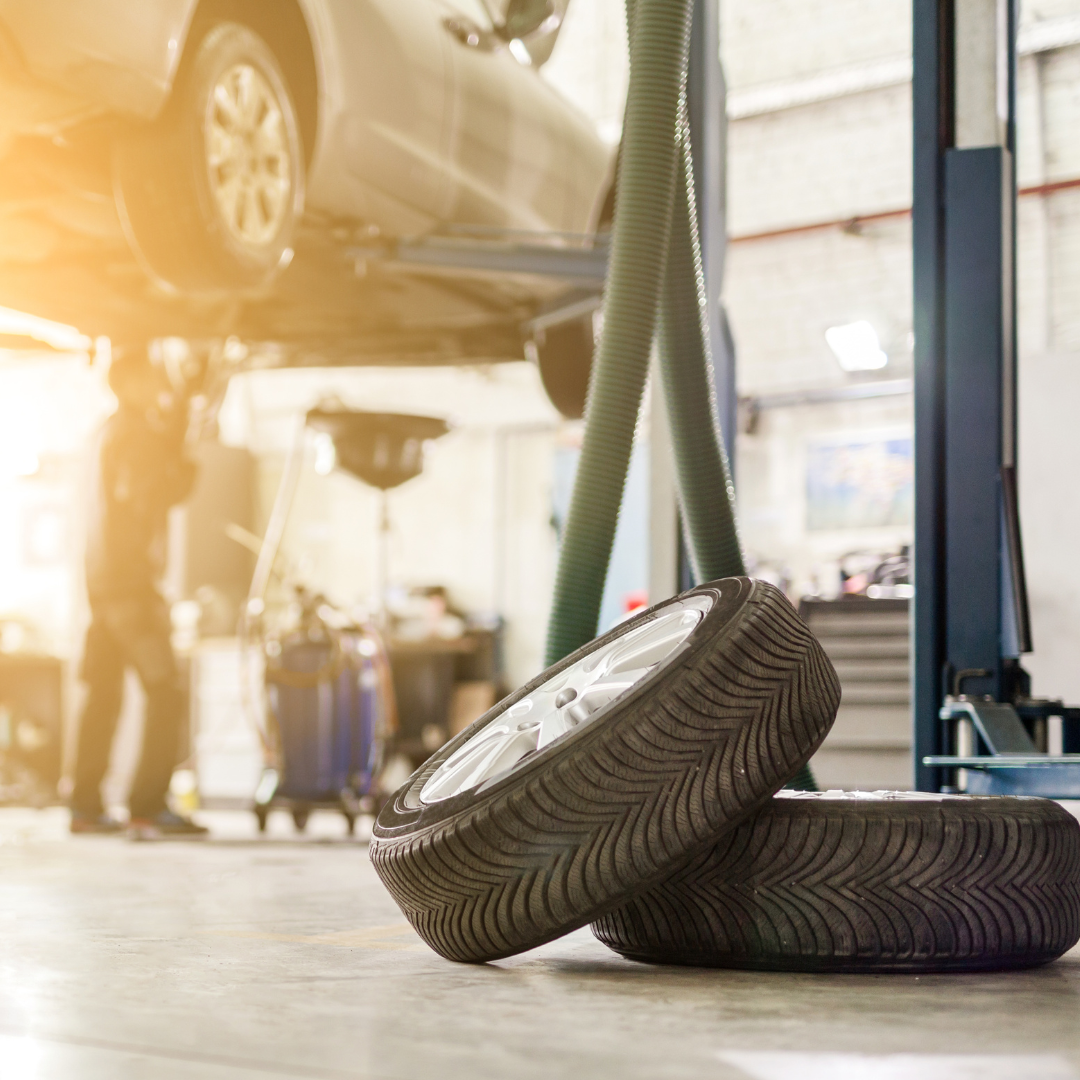
The Importance of Wheel Alignment
Wheel alignment refers to the adjustment of the angles of the wheels to ensure they are perpendicular to the ground and parallel to each other. Here’s why wheel alignment is crucial:
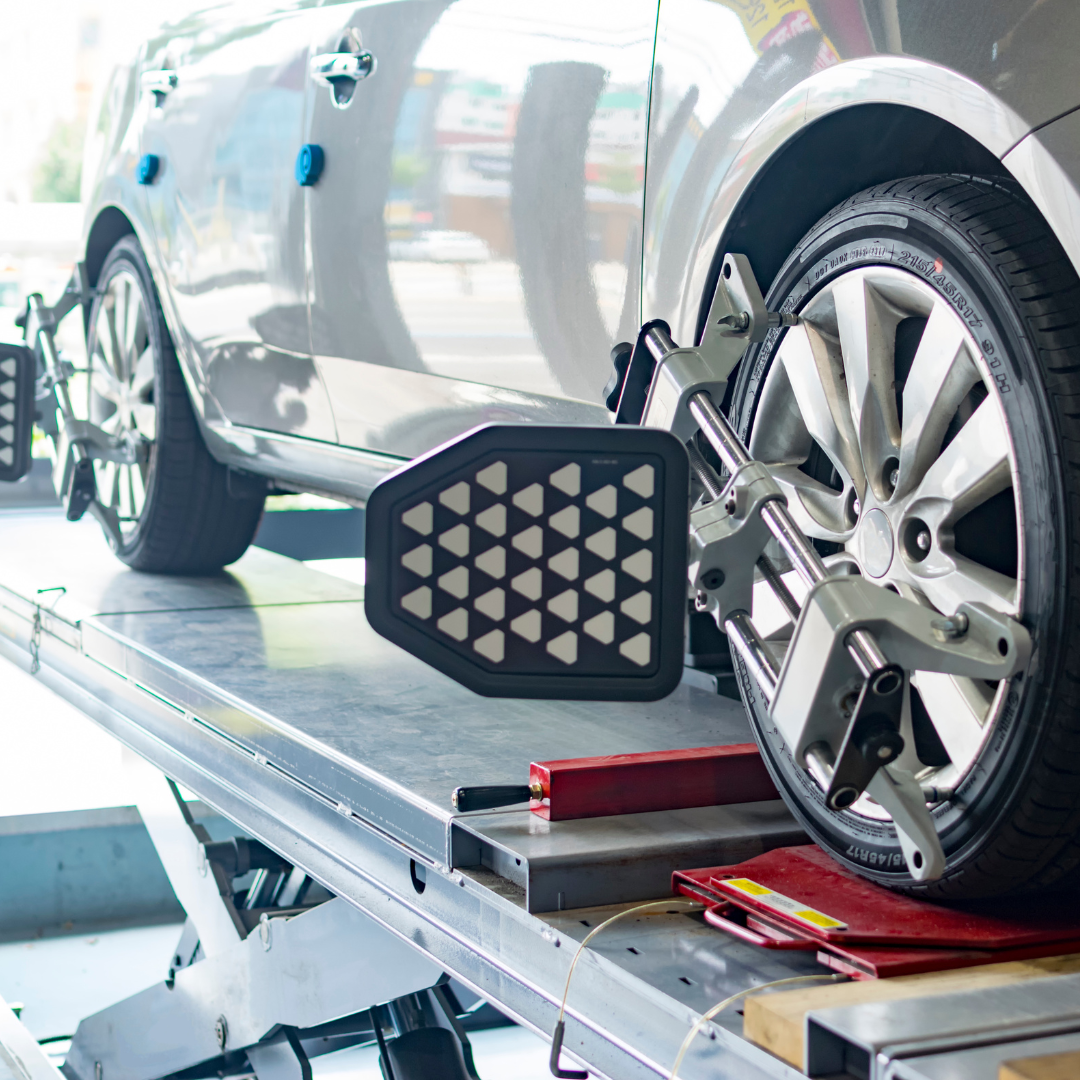
Proper Vehicle Handling and Safety
Misaligned wheels can cause your vehicle to pull to one side, leading to unstable handling and the need for constant correction while driving. Proper wheel alignment ensures a straight and predictable ride for your vehicle’s suspension, enhancing vehicle handling and reducing the risk of accidents. It promotes a smoother driving experience, allowing you to maintain control of your vehicle with ease. If you noticing your vehicle pulling, it is recommended to have your vehicle checked to improve handling.

Extended Tire Life and Cost Savings
Misalignment puts uneven pressure on specific areas of the tires, leading to accelerated and uneven tread wear. Regular wheel alignment helps distribute the load evenly, extending tire life and saving you money on premature tire replacement. By avoiding the need for frequent tire replacements, you can reduce maintenance costs and improve overall cost-efficiency.

Improved Fuel Efficiency
Misaligned wheels increase rolling resistance, which can result in decreased fuel efficiency. By ensuring proper wheel alignment, you minimize rolling resistance, allowing your vehicle to move more efficiently and reducing fuel consumption. This translates into long-term cost savings at the gas station, freeing up your budget for other important expenses.
Enhanced Braking Performance
Misaligned wheels can negatively impact braking performance, increasing stopping distances and compromising safety. Proper alignment ensures that all four tires maintain optimal contact with the road, maximizing braking efficiency and reducing the risk of accidents. By improving your vehicle’s braking capabilities, you enhance safety for yourself, your passengers, and others on the road.

The Consequences of Neglecting Rotation and Alignment
Ignoring regular tire rotation and wheel alignment can lead to several negative effects:
Uneven Tire Wear and Reduced Lifespan
Failure to rotate your tires can result in uneven wear patterns, reducing their lifespan and requiring premature replacement. Uneven wear also compromises the performance and safety of your tires, potentially leading to decreased traction and handling capabilities. This can also cause abnormal tire wear, as tires will not operate as expected, causing a smaller lifespan.
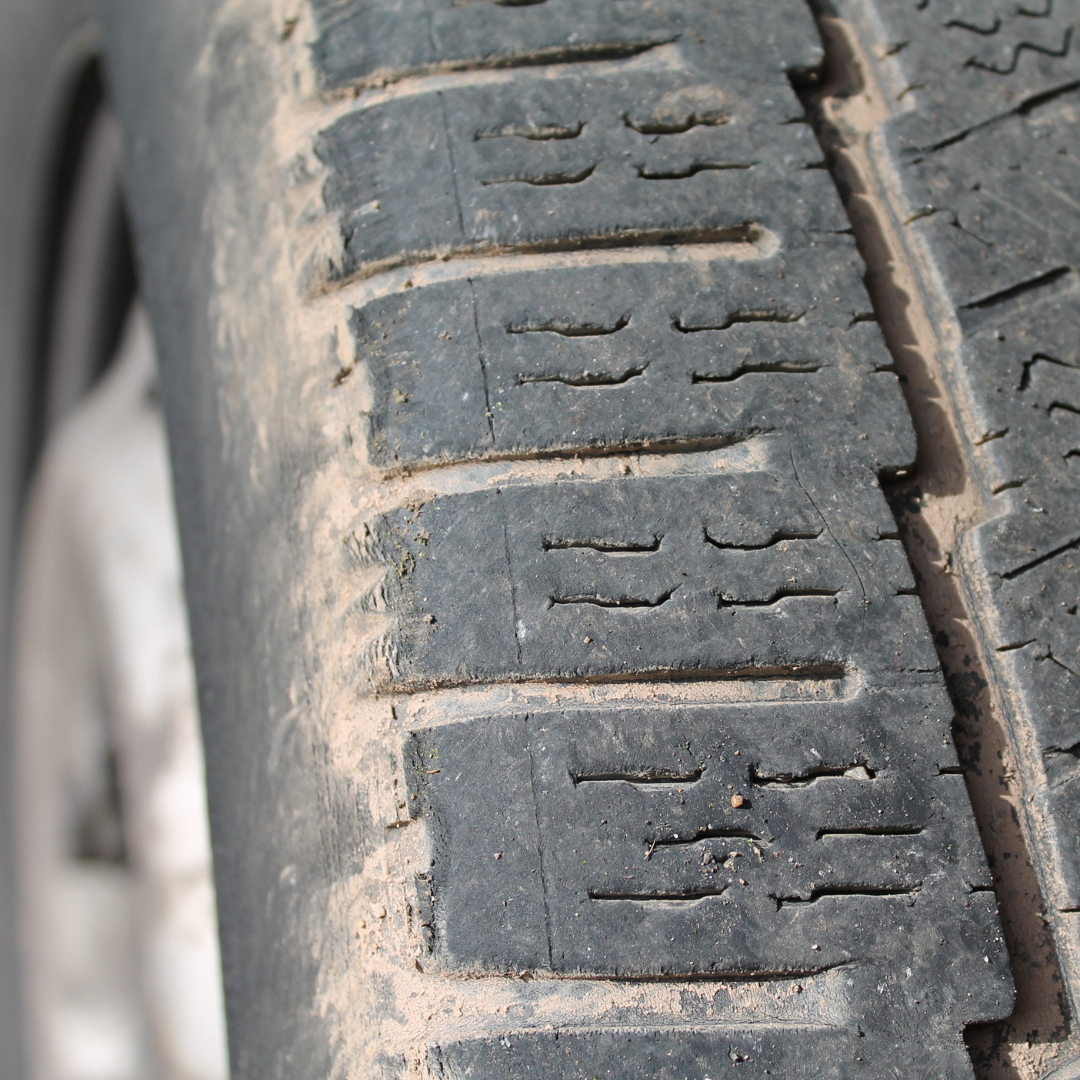
Compromised Vehicle Safety and Handling
Misaligned wheels affect vehicle stability, crooked steering wheel, increasing the risk of accidents, especially during emergency maneuvers or challenging road conditions. Additionally, poor alignment can result in erratic steering response, making it difficult to maintain control of your vehicle. By neglecting wheel alignment, you compromise both your safety and the safety of others on the road.
Decreased Fuel Efficiency and Increased Expenses
Both tire rotation and wheel alignment issues contribute to increased rolling resistance, causing your vehicle to consume more fuel than necessary. This not only leads to higher expenses at the pump but also has a negative environmental impact. By ignoring these maintenance tasks, you may find yourself spending more on fuel and facing additional costs associated with premature tire wear and replacements.
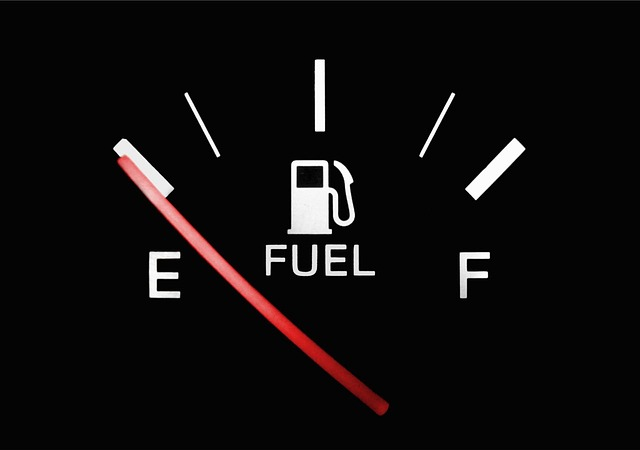
Average Cost of Services
The average cost of tire rotation ranges from $20 to $50, depending on factors such as location, vehicle type, and service provider. A wheel alignment service typically range from $75 to $150, depending on the complexity of the alignment required and any additional adjustments needed. It’s important to note that these costs may vary, and it is advisable to contact local service centers or consult with professionals for accurate pricing based on your specific requirements. It is recommended to have an alignment check once per year, and tires rotated every 3,000-5,000 miles. Tire and automotive shops will offer services such as wheel alignment, tire rotation, and even tire balancing to make sure your tires and vehicle are well maintained, avoiding excessive tire wear.

Conclusion
Regular tire rotation and wheel alignment are crucial maintenance tasks that should not be overlooked. By investing in these services, you ensure even tire wear, maximize tire life, enhance safety, improve fuel efficiency, and avoid costly consequences. While the average costs of these services may vary, they are relatively affordable compared to the potential expenses associated with premature tire replacement or accidents caused by misaligned wheels. Make it a priority to schedule regular tire rotation and wheel alignment appointments to keep your vehicle running smoothly, ensure your safety, and save on long-term maintenance costs.

